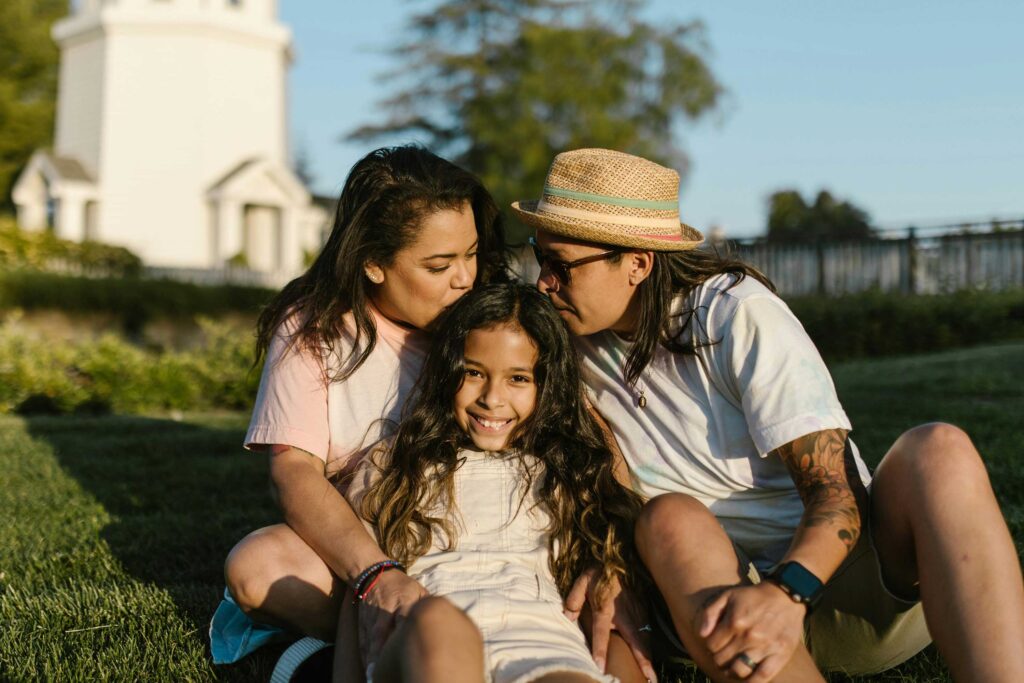Challenges
Economic barriers
Due to high levels of poverty, many Indigenous people in the U.S. face economic barriers to receiving treatment. Twenty-one percent of AI/AN individuals do not have health insurance. Forty-three percent of AI/AN people in America rely on Medicaid or public coverage.
Geographic barriers
Many Indigenous communities live in rural locations. This can make accessing care challenging. Most clinics and hospitals of the Indian Health Service are located on reservations. But the majority of Native people in America live outside of tribal areas.
Lack of cultural understanding
Indigenous people often have different understandings of mental health than the Westernized medical model. Many Indigenous cultures have traditional psychological frameworks and healing methods. These are based in spiritual and cultural practices that are discounted by the Western medical system. Even when they do receive Westernized care, it isn’t always valuable to the AI/AN individual and their worldview. A lack of providers that understand AI/AN culture can prevent Indigenous Americans from receiving treatment.
Strength and resiliency factors
Worldview
Many Indigenous cultures have a worldview that naturally supports mental health. Connectedness with the past and with others provides a foundation for wellness. Other values that promote well-being include: adaptability, oneness with nature, wisdom of elders, meaningful traditions, and strength of spirit.
Cultural traditions
A deep connection with culture exists in many Indigenous communities. Traditional healing practices can include rituals, ceremonies, dance, music, storytelling, and natural medicines. Involvement in traditional activities is the most protective factor in fostering resilience among AI/AN adolescents.
Strength of community
Family and community bonds within Indigenous cultures tend to be strong. Large family units expand the support network that many individuals function within. Positive relationships with non-familial adults support well-being for youth. Indigenous communities can also seek wisdom from their tribe leaders and community elders.
Mental health heroes
Dr. Carolyn Lewis Attneave
Dr. Attneave was the first woman of Indigenous descent to get a degree in psychology in the United States. She is a descendant of the Delaware Indian Tribe. Her upbringing strongly influenced her choice to study the diversity of human experience. During her PhD studies at Stanford, her work focused on the well-being of children in the context of family and community. She later became the coordinator of community guidance services for the Oklahoma State Department of Health. While in Oklahoma, she and her team provided mental health services to seven Indigenous tribes. This experience inspired her to travel to different regions in the U.S. to provide mental health services to Indigenous tribes across the country. When she moved to Boston, she founded one of the largest Indian Centers in North America called the Boston Indian Council. She also started the Network of Indian Psychologists, a newsletter which shared information about the mental health services available to Indigenous communities. She finished her career as a distinguished professor of psychology and director of the American Indian Studies program at the University of Washington.
Dr. Logan Wright
Dr. Wright of the Osage Nation has been referred to as the father of pediatric psychology. He is known for advocating for behavioral interventions in pediatric care. He also advocated for the creation of specific guidelines for the treatment of pediatric populations. Dr. Wright received his master’s in psychology from George Peabody College and his PhD in clinical psychology from Vanderbilt University. He is the first known person of Indigenous descent to serve as the president of the American Psychological Association. He helped found the American Psychological Society, the American Association for Applied and Preventive Psychology, and the North American Association of Masters in Psychology. He also helped found the Society of Pediatric Psychology and became its first president in 1969. Over the course of his career, Dr. Wright authored four books and over 100 medical and pediatric psychiatry articles. He was also a professor of psychology at the University of Oklahoma. Dr. Wright received numerous awards for his contributions to the field of pediatric psychology.
Take a mental health test
 If you or a friend are struggling with your mental health, take an anonymous, free, and private mental health test. It only takes a few minutes, and after you are finished, you will be given information about the next steps you can take based on the results.
If you or a friend are struggling with your mental health, take an anonymous, free, and private mental health test. It only takes a few minutes, and after you are finished, you will be given information about the next steps you can take based on the results.
If you or someone you know is struggling or in crisis, help is available. Call or text 988 or chat 988lifeline.org. You can also reach Crisis Text Line by texting HOME to 741741.


